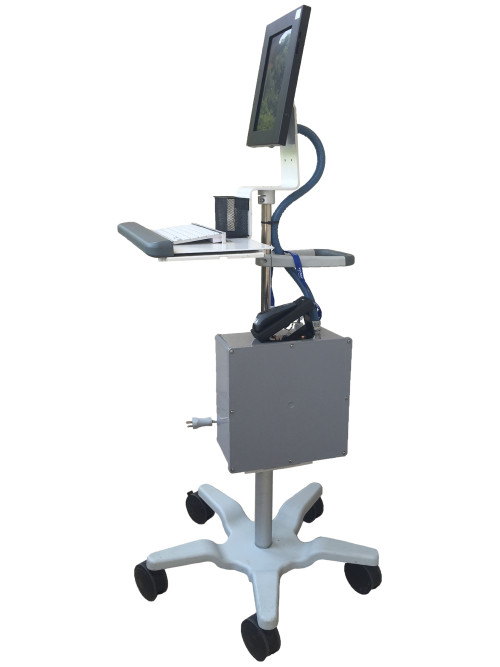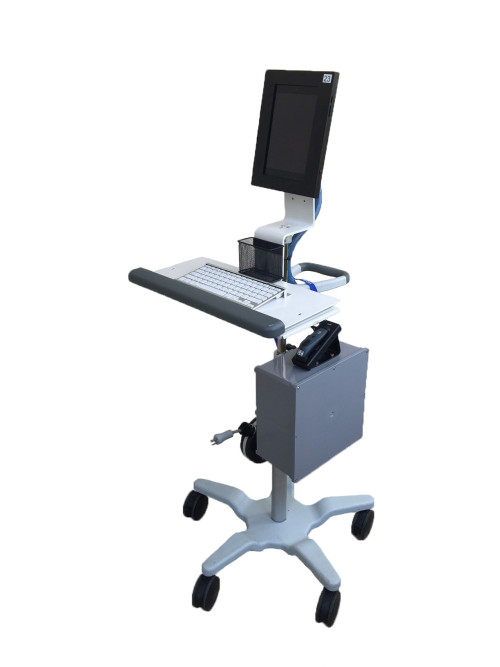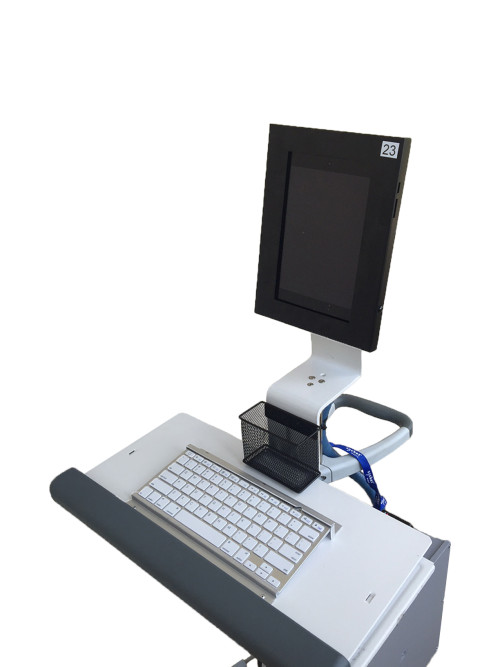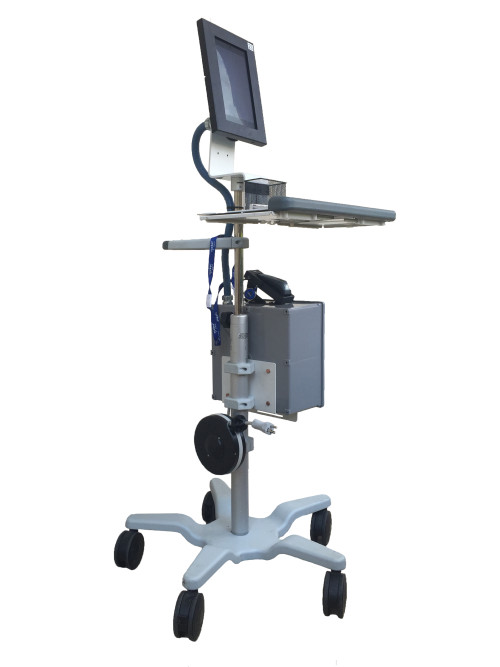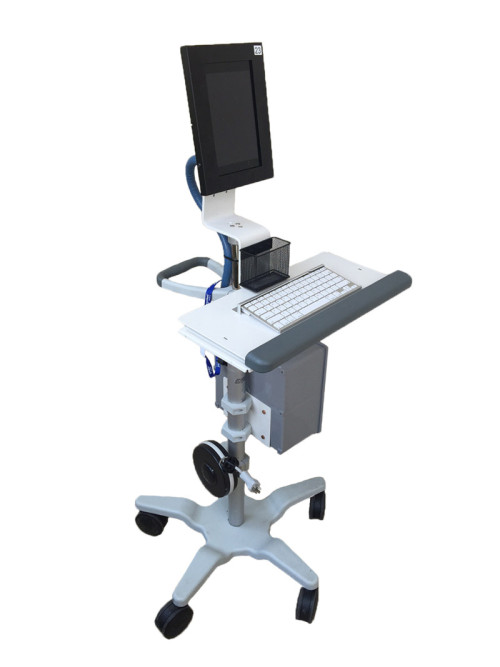IT plays an important role in the food industry
In the food industry, information technology plays a critical role in reducing costs and meeting customer demand. Information technology coordination is the method of organizing, planning, and strategizing when synchronizing the needs of two or more distinct groups. The specific role of information technology depends on the type of product that is being sold. Choosing the appropriate type of information technology coordination depends on whether your product is “functional” or “innovative,” and that choosing the correct coordination can ultimately lead to a supply chain with a competitive advantage.
Transportation, production, and inventory management are areas where information technology can reduce costs within the supply chain, particularly for functional products. Some examples of information technologies suitable for functional products include automated ordering processes, quality-assurance control systems, and delivery scheduling. All of these technologies can reduce costs for companies within the supply chain and can increase efficiency.
New, differentiated products require different methods of coordination using information technology, because it is often difficult to predict consumer demand for innovative products. Because of this, firms in the food industry should adopt an approach that monitors the sales and purchasing habits of consumers and uses this information to forecast demand. This may not be the most effective technique to reduce costs, but it is the most appropriate model to deliver the attributes that consumers most desire.
Examples of information technology coordination for innovative products would be the use of scanner data collection at point-of-sale terminals. Additionally, portable scanners in conjunction with software are also used to monitor and track product in an inventory control system.
- Durability & Mobility.
- Uninterrupted Workflow.
- Extended Battery Life to last over entire workshift.
HOW IT IMPLEMENTATION IMPROVE YOUR BUSINESS
Technology has changed the way we look at the transportation and logistics industry today. Several factors play a major role in this evolution, products like mobile technology, transportation management systems (TMS), dock scheduling, and warehouse management systems (WMS). Many companies have already taken advantage of such technologies, and some are playing catch up. With so many products in the market, how do you decide which one is the right match for your market segment, industry and company?
- PLATFORM
As we all know, the tech world is experiencing a mobile war, browser war and operating system war. Is the solution your company is considering platform agnostic? If it is not, then this platform will not be in keeping with your business plans. Additionally, the “solution” will not be able to keep pace with the platform competition in the marketplace.
- FEATURES
Does the solution offer all the features you are looking for? Can it grow with your company’s needs? A company needs to assess their business plan specific to growth and confirm that the software solution fits into the plan.
- INVENTORY MANAGEMENT
When it comes to managing inventory, organizations need to maintain enough stock to meet demand without investing in more than they require. Inventory management systems track the quantity of each item a company maintains, triggering an order of additional stock when the quantities fall below a pre-determined amount. These systems are best used when the inventory management system is connected to the point-of-sale (POS) system.
- DATA MANAGEMENT
Today, most companies store digital versions of documents on servers and storage devices. These documents become instantly available to everyone in the company, regardless of their geographical location. Companies are able to store and maintain a tremendous amount of historical data economically, and employees benefit from immediate access to the documents they need.
- DIGITAL MENUS
In addition to making it easier for customers to view and select items, using tablets and phones for menus and ordering, it supplants the cost and hassle of printing paper menus, thus also contributing to green revolution.
- PRICING
Expensive is not always the best. Many times mid-market solutions offer more bang for your buck. It is important to find out how much this solution will cost you over the next five years. Technology will change significantly in five years, and so will price.
HOW CAN WE HELP YOU
MJS Global will provide you with total solutions and IT services based on your companies needs and all equipment required to finish the task at a very minimal and affordable price.
Contact us so that we can help you with our custom solutions based on your specific needs.
